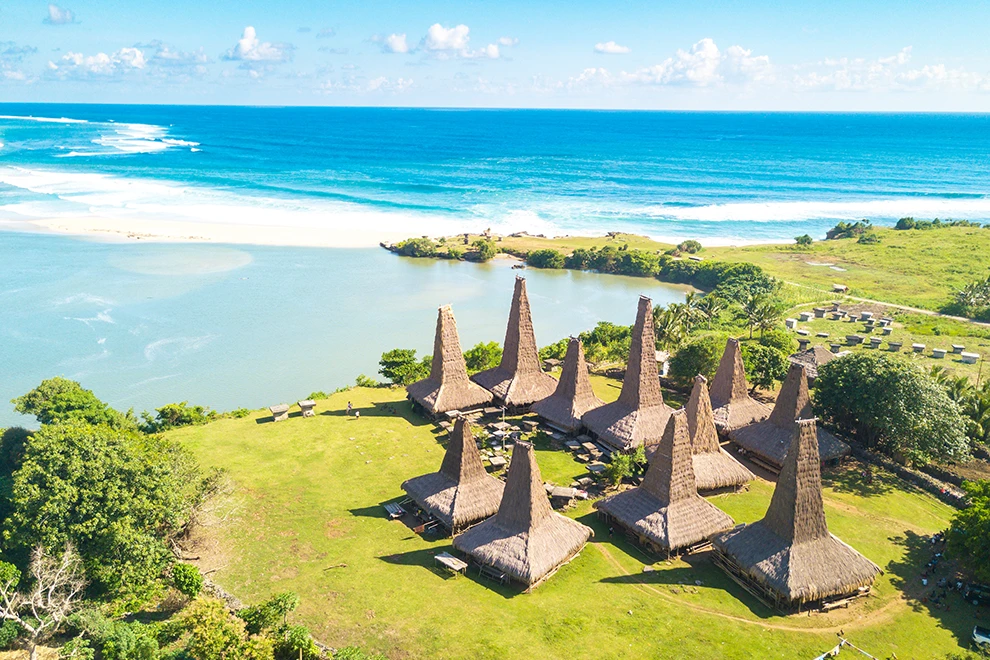Indonesia’s House of Representatives, officially the People's Representative Council of the Republic of Indonesia (DPR), unanimously approved revisions to Conservation Law No. 5 of 1990 Concerning the Conservation of Natural Resources and Its Ecosystems, a historic step forward in protecting Indonesia's biodiversity and promoting sustainable development. The ICCF Group is ready to support Indonesia in its conservation efforts and hopes to continue collaboration in preserving our planet for future generations.
Key highlights of the Amendment Law include the broadening of conservation activities to encompass nature reserve areas, nature conservation areas, and newly added conservation zones in waters, coastal areas, and small islands. Additionally, “Preservation Areas” have been introduced, where the law mandates the maintenance of areas critical to wildlife or ecosystems outside of conservation zones. The revised law establishes multiple funding mechanisms for conservation efforts, including a dedicated conservation fund, bioprospecting initiatives, and regulated agritourism activities within designated zones. The revision introduces stricter penalties for violations of conservation laws, aiming to deter illegal activities and enhance the protection of wildlife and ecosystems. The law now formally recognizes the rights of indigenous communities within designated conservation areas, ensuring their involvement and empowerment in conservation efforts.
The law also delineates clear authority for conservation efforts across different ministries and agencies, as well as between the national government and regional governments. By defining cross-sectoral and cross-governmental roles, it aims to prevent overlapping responsibilities, promote policy coherence, and encourage a collaborative approach to conservation.
The passage of this Amendment Law marks a significant milestone in Indonesia's environmental policy, reflecting the DPR's full support for enhanced conservation measures.
See LegislationCo-Chairs of Indonesia’s Oceans Caucus (Kaukus Kelautan) provided the following statements:

"The passage of the Conservation Amendment Law is a historic milestone in our conservation efforts, focused on protecting natural resources, preserving biodiversity and ecosystems, while ensuring sustainable use."

"As Co-Chair of Kaukus Kelautan, I was proud to have led the Working Committee which spearheaded efforts that resulted in the broad support and passage for this critical bill. Our collective commitment to safeguarding Indonesia's natural resources has been instrumental in achieving this significant legislation for our future generations. Moving forward, I anticipate working with the caucus on robust implementing regulations to ensure effective conservation practices. Environmental damage in Indonesia and around the world is evident, visible to the naked eye, as unchecked human exploitation of natural resources continues. The Conservation Amendment Law is a crucial solution; introducing criminal sanctions for both individuals and corporations, along with additional penalties such as compensation payments, ecosystem restoration, and wildlife rehabilitation.”

“Conversely, any efforts to protect, restore, and sustain biodiversity will be rewarded with funding from both central and regional governments. Community participation will be increased, conservation implementation will be strengthened, with environmental and community needs improved, including ensuring the rights and protection of indigenous communities. The passage of this law truly aims to halt the continued loss of natural forests, wildlife, and flora habitats, as well as the degradation of our environmental quality. Damaged areas will be restored, and those still intact will be protected and nurtured together. The Conservation Amendment Law addresses key issues in our nature conservation efforts. This includes ensuring maintenance of areas critical to wildlife and ecosystems are supported through funding options. The law also reaffirms the critical role of indigenous communities in conservation, strengthens the penalties for illegal wildlife trafficking, and encourages sustainable management practices. Our goal and hope is that the implementation of this law will ensure greater intergenerational equity. The Working Committee and I are grateful for the support provided by the conservation community in the passage of this law. I would also like to send our prayers and thoughts to the family of our Vice Chair of Commission IV, Mas Budhy Setiawan, who passed away shortly after the passage of this bill. He worked passionately and tirelessly ensuring the timely realization of this law.”

 Regional Headquarters
Regional Headquarters